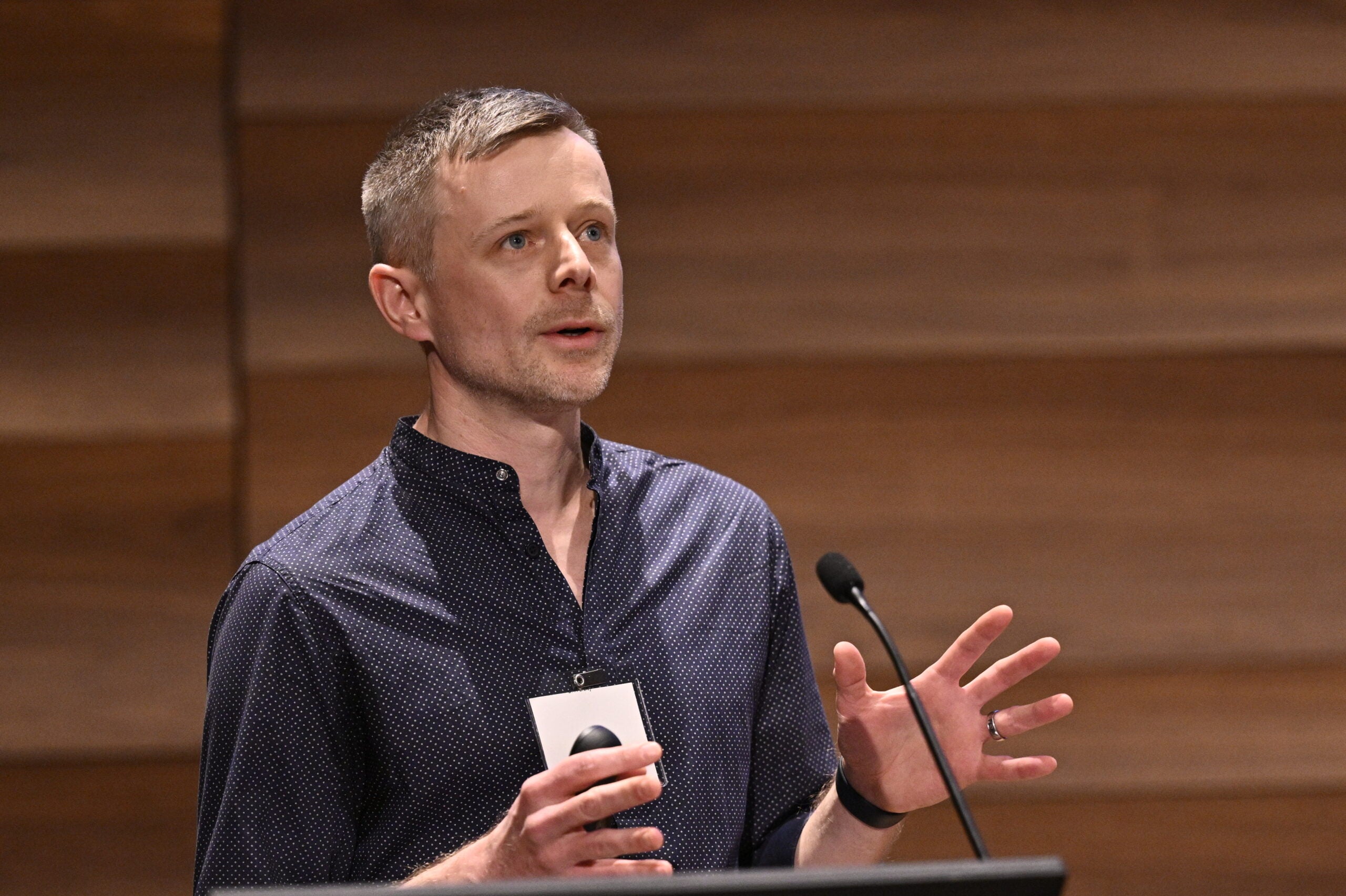At the recent Open Sustainability Policy Summit (OSPS) 2024, Gareth Jones, COO of the Centre for Net Zero, and Gus Chadney, head of data and modeling, discussed an initiative called LF Energy OpenSynth. This new open source community is designed to revolutionize access to energy demand data, addressing critical needs in energy research and policy-making. Here’s a closer look at the key highlights from their presentation.
1. Introducing the Centre for Net Zero
Gareth Jones kicked off the session with an introduction to the Centre for Net Zero, a nonprofit research institute dedicated to advancing global energy systems towards sustainability. The Centre operates autonomously but is part of Octopus Energy, giving it access to a vast dataset from millions of customers across eight countries. This unique positioning allows the Centre to conduct comprehensive research and real-world field trials to understand and predict consumer energy behavior.
2. The Need for OpenSynth
Jones highlighted a significant issue in the current energy modeling landscape: the reliance on outdated and aggregated data that fails to capture critical nuances in energy consumption. To address this, the Centre for Net Zero created OpenSynth, a community-focused initiative aimed at democratizing access to high-quality synthetic energy data. The goal is to provide policymakers, researchers, and decision-makers with up-to-date, granular data to drive more accurate and effective energy policies.
3. The Role of Synthetic Data
Synthetic data is essential for overcoming privacy concerns associated with real consumer data. The Centre has developed a generative AI model named Faraday, which transforms real smart meter data into synthetic datasets. These synthetic datasets mimic real consumption patterns without compromising individual privacy. For example, Faraday can generate a detailed consumption profile for a specific household type on any given day, allowing researchers to explore various scenarios and their impacts on the energy system.
4. Building the OpenSynth Community
Jones and Chadney emphasized the community aspect of OpenSynth. They envisioned a collaborative platform where users and generators of synthetic data can share best practices, technical knowledge, and innovative use cases. By partnering with the Linux Foundation, they launched the community, which has already seen significant interest and participation. The community aims to become a one-stop shop for synthetic energy data, fostering diversity and inclusivity in energy research.
5. Future Goals and Policy Implications
The presentation concluded with a discussion on the broader implications of synthetic data for energy policy. Synthetic data can accelerate the transition to sustainable energy systems by providing accurate, privacy-preserving insights into consumption patterns. This data is invaluable for policymakers in planning, regulation, and innovation. By encouraging more use and sharing of synthetic data, OpenSynth aims to drive faster and cheaper advancements in energy research and policy.
Join the Movement
The Centre for Net Zero’s OpenSynth initiative represents a significant step forward in energy data accessibility and innovation. Researchers, policymakers, and industry professionals are encouraged to join the OpenSynth community to contribute to and benefit from this groundbreaking effort. For more information and to get involved, visit the OpenSynth community platform and explore the vast potential of synthetic energy data.
